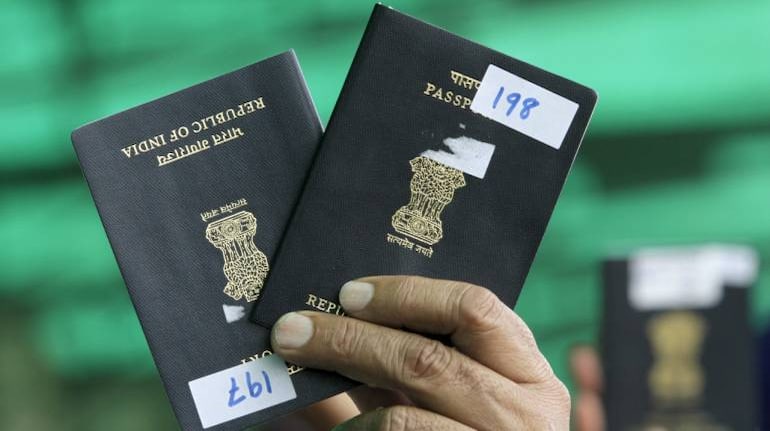



Union Home Minister Amit Shah on September 23 mooted the idea of a multipurpose identity card, which will have all the utilities including passport, Aadhaar, driving license and bank accounts.
Speaking on the occasion of laying the foundation for a new office building for the Registrar General of India and Census Commissioner in New Delhi, Shah also proposed the idea of conducting the population census digitally in 2021.
Let’s take an in-depth look at Shah’s proposal and how feasible it is.
What has Amit Shah proposed?While talking about the potential of using the upcoming 2021 Census data for welfare schemes and development initiatives, Shah asked, “Can’t we link the registration of birth and death with the country’s voter’s list?”
That way, he argued, a citizen would not have to apply for a voter card once they reach the age of 18; it would happen on its own. Similarly, the voter list would be updated on its own.
Although, he clarified that there is no such scheme in the offing, he said if it were to be brought about, his proposal would significantly reduce paper work and get rid of the tedious processes involved in the issuance of Aadhaar card, voter ID card, driver’s licence and such.
Shah further argued that if the Census was done properly and in the right format, then it was possible that there was one nodal card, which would envisage all other identification cards and documents. Simply put, a citizen’s PAN card, voter ID card, Aadhaar card, as well as a passport can be made into one card with the help of a digital Census.
Has this been proposed before?The Union home minister’s proposal is similar to the so-called Multipurpose National Identity Card (MPNIC), first suggested by a 2001 report on ‘Reforming the National Security System’ during the Atal Bihari Vajpayee government.
The empowered Group of Ministers (eGOM), who suggested the idea of a MPNIC, included then home minister LK Advani, defence minister George Fernandes, foreign minister Jaswant Singh and finance minister Yashwant Sinha.
However, the agenda then was curtailing the growing threat of illegal migration, as well as preparation of the National Register of Citizens (NRC).
The report read, “Illegal migration has assumed serious proportions. There should be compulsory registration of citizens and non-citizens living in India. This will facilitate the preparation of a national register of citizens. All citizens should be given a Multi-Purpose National Identity Card (MPNIC) and non-citizens should be issued identity cards of a different colour and design.”
“A proposal for the introduction of multi-purpose identity cards to all citizens and compulsory registration of nationals and non-nationals in the country is already under the consideration of the Central Government,” The Indian Express has cited the report as saying.
Is India likely to get a multipurpose card soon?Although Shah made it clear that there is no such scheme in the pipeline yet, the government has earlier expressed its desire to do so on different occasions.
A single point access card would require the government to create a master database of various other databases.
Is it feasible?It has almost been two decades since the germ of the idea was first born and technology has evolved by leaps and bounds since then.
A tangible example of maintaining a massive database is that of Aadhaar, which now has almost all residents of India on it.
Another recent example is that of the National Common Mobility Card (NCMC), more popularly known as ‘One Nation and One Card’, which is an inter-operable transport card that allows holders to pay for their bus travel, toll taxes, parking charges, retail shopping and withdraw cash.
According to a report by The Times of India, conducting a digital Census alone is set to cost the government Rs 12, 000 crore.
Besides, the government is reportedly expected to launch the National Intelligence Grid (NATGRID) by the start of 2020.
NATGRID would reportedly be used by 10 agencies such as Intelligence Bureau (IB), Research & Analysis Wing (R&AW), Central Bureau of Investigation (CBI), and Enforcement Directorate (ED) among others, to scour data real-time from 21 databases such as airline travel, credit card transactions etc with the aim to track and prevent terror and illegal immigration activities.
Discover the latest Business News, Sensex, and Nifty updates. Obtain Personal Finance insights, tax queries, and expert opinions on Moneycontrol or download the Moneycontrol App to stay updated!
Find the best of Al News in one place, specially curated for you every weekend.
Stay on top of the latest tech trends and biggest startup news.